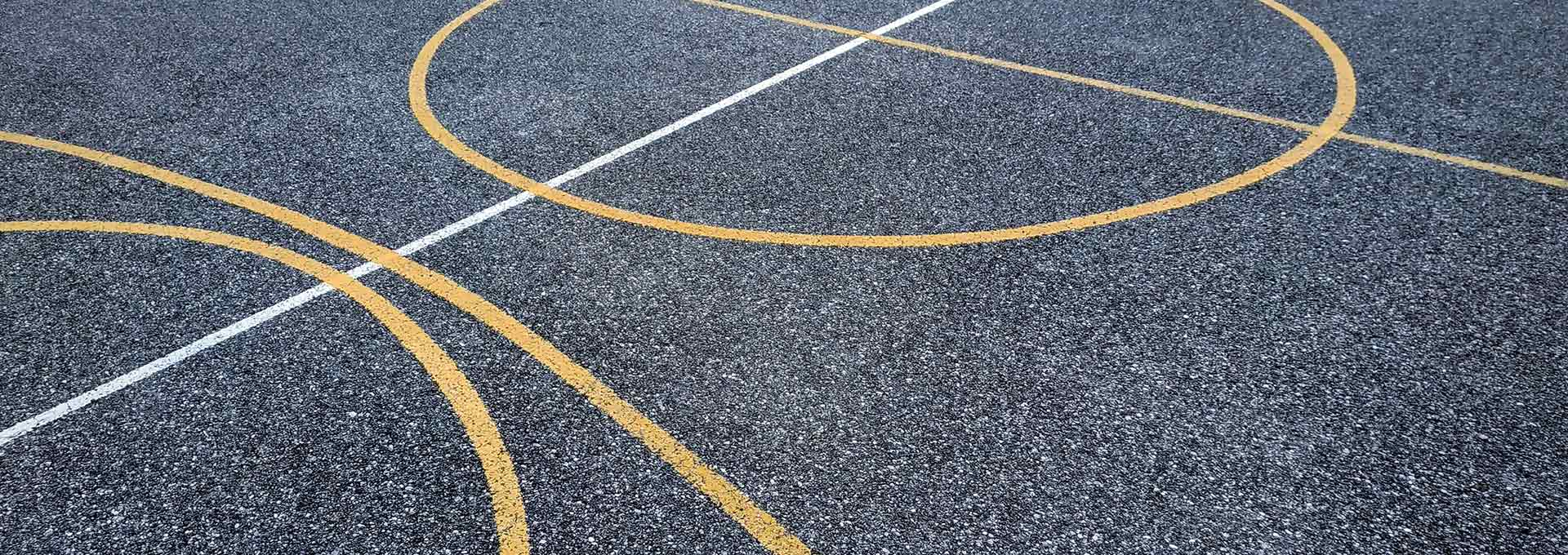
Resources
Athlete Education
Roundtable Thoughts on Athlete Education & Transition: Collegiate and European Focus
“Every athlete dies twice” is one of those long–existing, unattributed quotes with powerful meaning. Whenever the College Football Playoff has been won or NCAA March Madness is over, most of these college athletes are finished with an activity that has captured much of their lives. For the majority of others, the end occurs at even more inopportune moments. To be sure, there are multiple athlete transition moments worthy of exploration. These include all youth levels and various professional-level transitions. The Global Sport Institute (GSI) looks forward to being engaged in examining them all.
In March 2018, the Global Sport Institute hosted a day of events to learn more about the challenges and opportunities of athlete education. In this conversation we focused primarily on the transition from playing college sports to no longer playing and on the European models for transitioning from playing sport. We sought the expertise of industry professionals, researchers, and athlete education program developers from both the US and Europe. Four important themes evolved from the panel discussion and one-on-one conversations:
- Race
- Athlete identity
- Meaningful athlete education
- Athlete transition
Following the panel discussion and one-on-one conversation with Jacques McClendon (former student-athlete, NFL player and current Director of Player Engagement for the Los Angeles Rams), we convened a roundtable to exchange ideas and solutions. We began by identifying current barriers. This quickly introduced complexity in terms of whom to include (amateurs/student athletes and professionals; timing of degree programs during athlete careers and transitional degree programs post career) and the different types of barriers. Next, we asked how to best remove barriers.
This document is a working paper and a starting point, rather than a final report. We expect to hold additional roundtables globally, seek additional insights from insiders, and host other events to investigate these topics further, including youth and professional levels. Ultimately, our final report would cover athlete education and transitions beyond those discussed herein as well as be more global and rigorous. We thank all of our roundtable panelists and participants and give a special thanks to Molly Ott (Arizona State University), Colin Williams (Ross Initiative in Sports for Equality), and Martin Carlsson-Wall (Sports and Business Centre, Stockholm School of Economics) who graciously volunteered to contribute to this working paper, but the final product, particularly any negatives, is the responsibility of GSI. In that spirit, your comments, corrections, and suggestions are all encouraged.
Here is what you will find in this working paper: a brief that draws from existing scholarship pertaining to athlete education to describe and analyze the themes that emerged during roundtable discussions, makes brief recommendations/suggestions, and offers “next steps” and topics to be touched upon at future roundtables and discussions; and, an appendix that summarizes the day’s roundtable and development of important areas in athlete education (US) and career transition (Europe).
UPDATE: See the post-research update in our Athlete Transition section.